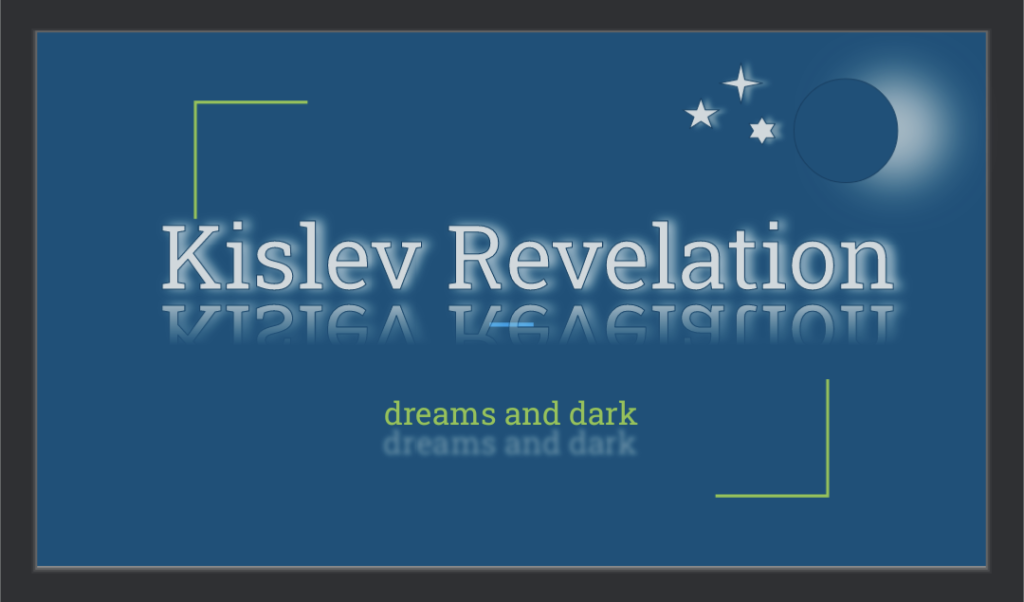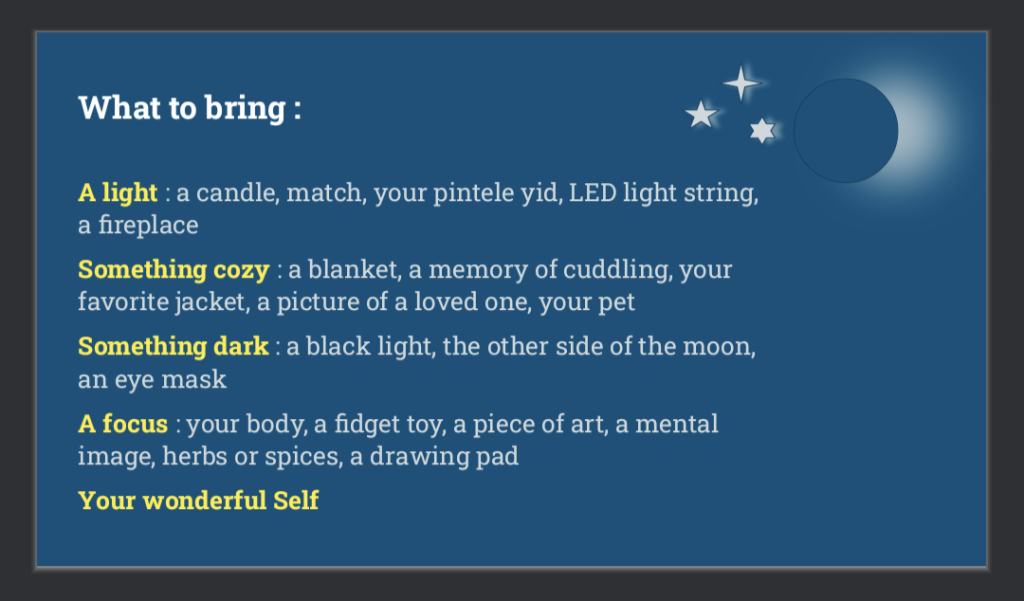In B’reshit Rabbah there is a midrash that the angels did not want g-d to make humans:
Rabbi Simon said: When the Holy One, blessed be [They], came to create people, the ministering angels were divided into camps and factions. Some said, “Let g-d create humans;” others said, “Let g-d not create humans.” This corresponds to the verse: “Kindness and truth met; justice and peace came together” (Tehillim 85:11): Kindness said: “Let g-d create humans, for they will perform acts of kindness.” Truth said, “Let g-d not create humans, for they will be full of deceit.” Justice said, “Let g-d create humans, for they will perform righteousness;” peace said, “Let g-d not create them, for they will be full of divisiveness….”
And while the angels are arguing about the pros and cons of this decision, arguing our future out of existence, g-d just slips out back and makes people in all our complex beauty. Sometimes we do the same, creating our new selfs even as we logically argue against change or, unawares, focus on other life issues. We are often both g-d and angels, even as we are still the creative result between.
Even in the traditional Jewish story of the beginning, there are aspects of the power and pain located in separation and creation. On the second day g-d separates the waters, parting them into the waters above and the waters below. This second day is also the only day never labelled as “good.” But on the third day; when g-d makes something of the separation, when g-d turns the waters into sky and sea and creates land, when something comes from the pain; then that day is doubly blessed.
G-d in these stories seems far more compassionate than the angels, far more willing to give humanity a chance to exist, despite knowing we will screw up and hurt each other. Sometimes I envision a g-d who is more compassionate simply because Ey knew the suffering of separation, because They felt Their Selfs pull away during the tzimtzum, felt the withdrawal from that previous completeness, while the angels in their unchanging perfection can never know that pain.
Did it hurt g-d to create that space? Was it painful to limit Themself, to see the disconnected emptiness that used to be Them? Or did that space create joy? Was there happiness in knowing what that change would lead to? Is this what makes a compassionate g-d? The ability to know that all too human intertwining sense of loss and possibility, grief and hope?

